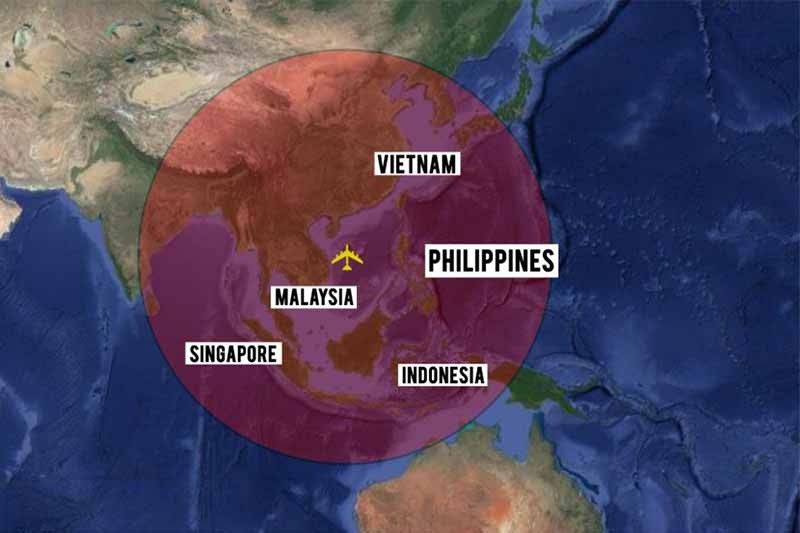Alejano: Timid response to China puts Philippines, neighbors at risk

MANILA, Philippines — The Philippines is endangering not only itself but neighboring nations too with its timid response to China’s militarization of the South China Sea, which the United States said last week destabilizes the region.
China’s long-range bombers reportedly landed on and took off from one of its occupied islands in the disputed waters, its latest military action to set off international jitters over its real motive in the resource-rich waters.
According to Rep. Gary Alejano (Magdalo party-list) of the opposition bloc in the House of Representatives, the Philippine government was acting “selfishly [and] foolishly” by dismissing the installation of military-grade weapons as something that the country should not be concerned about.
READ: Palace: China not a threat but bomber in South China Sea a cause for concern
The congressman said that the Philippines is already becoming an embarrassment to the world and a "liability" to other claimant states and neighboring nations.
“With the silence and subservience of the Philippine government to China, we are placing in grave danger not only our country, but also our neighboring nations,” Alejano said in a statement.
“It is a shame and utter disappointment that we have a president who only thinks of protecting his reins to power, instead of protecting his people,” the opposition lawmaker added.
Alejano said that whatever "secret diplomacy" the Duterte administration is pursuing is clearly not working as China has stepped up its aggressive actions under the current government's foreign policy.
READ: Conflicting policies paint Philippines as unreliable ally, expert says
He said that despite assurances of diplomatic action, China has become emboldened in pursuing Manila's limits. He added that closed-door bilateral talks with China have failed to protect the country's interests in the South China Sea.
He urged the government to adopt a multilateral approach to the South China Sea problem, open diplomacy and make use of a 2016 ruling by a UN-backed tribunal as a leverage.
"There is no need to go to war as what Duterte has been insisting to the public," he said.
Alejano also reminded the president that the Philippines as a sovereign nation should be free to assert its rights to its territory and this is Duterte's job as the country's chief executive.
China’s air force said that H-6K bombers had landed and taken off from islands in the South China Sea reportedly as part of a military exercise.
They landed on Woody Island, which is China’s largest base in the Paracel Islands in the South China Sea. These long-range bombers had put all of Southeast Asia in range of Beijing’s air force.
DFA: Not our policy to publicize every diplomatic action
In response, the Philippine government stressed that diplomatic actions had been taken to address China’s aggressive actions in the disputed region.
However, Manila did not publicly condemn or express concern over China’s aggressive behavior in the strategic waters, through which around $3 trillion worth of trade annually passes.
The Department of Foreign Affairs also underscored Philippine commitment to defend every inch of the country’s territory and areas where it had sovereign rights.
"While appropriate language, whether expressions of condemnation or concern, over certain developments are clearly conveyed through diplomatic channels, it is not our policy to publicize every action taken by the Philippine Government whenever there are reported developments taking place in the West Philippine Sea and the South China Sea," the DFA said in a statement.
Aside from the military exercise involving a Chinese bomber, Beijing also installed missile defense systems on some of the features it transformed into islands capable of holding military-grade facilities.
Duterte, under the guise of improving bilateral relations with China, chose to set aside a 2016 United Nations-backed tribunal ruling invalidating much of Beijing’s expansive claims to the region. He has also started denying that the ruling was handed down during his administration, saying the July 12, 2016 ruling happened during President Benigno Aquino III's time.
Duterte’s soft stance has been blasted by critics as defeatist, but the Philippine leader said that trouble would explode if Manila would insist on its maritime claims to the South China Sea, part of which Manila claims and calls the West Philippine Sea.
- Latest
- Trending





























